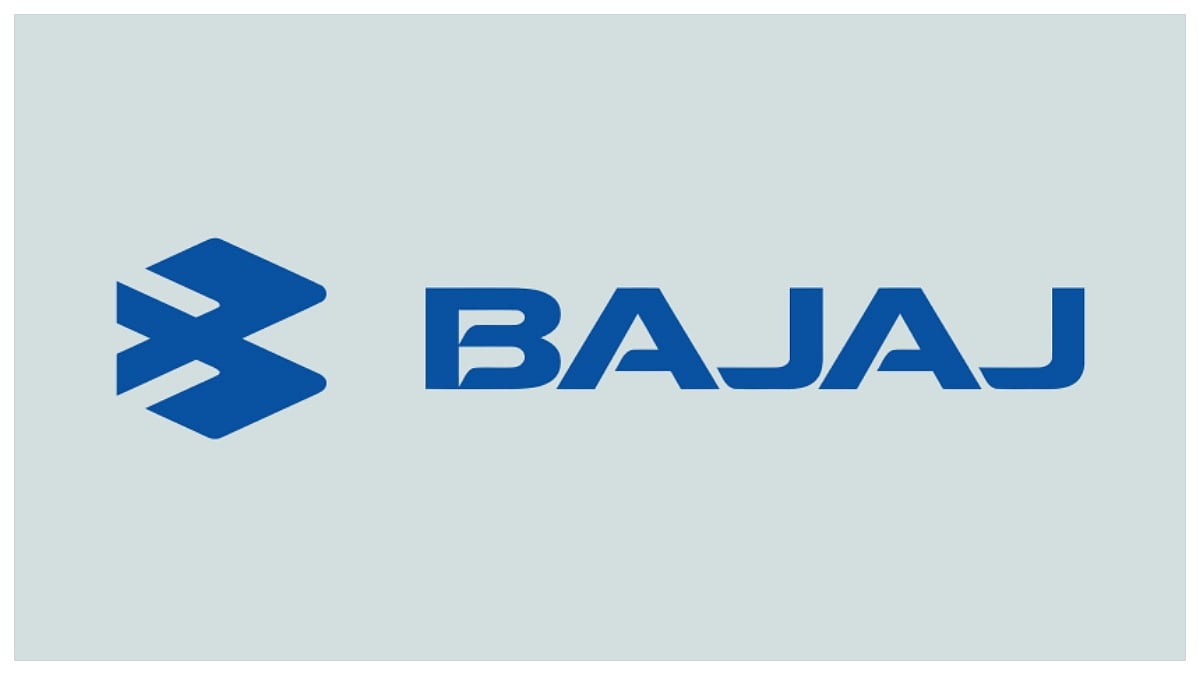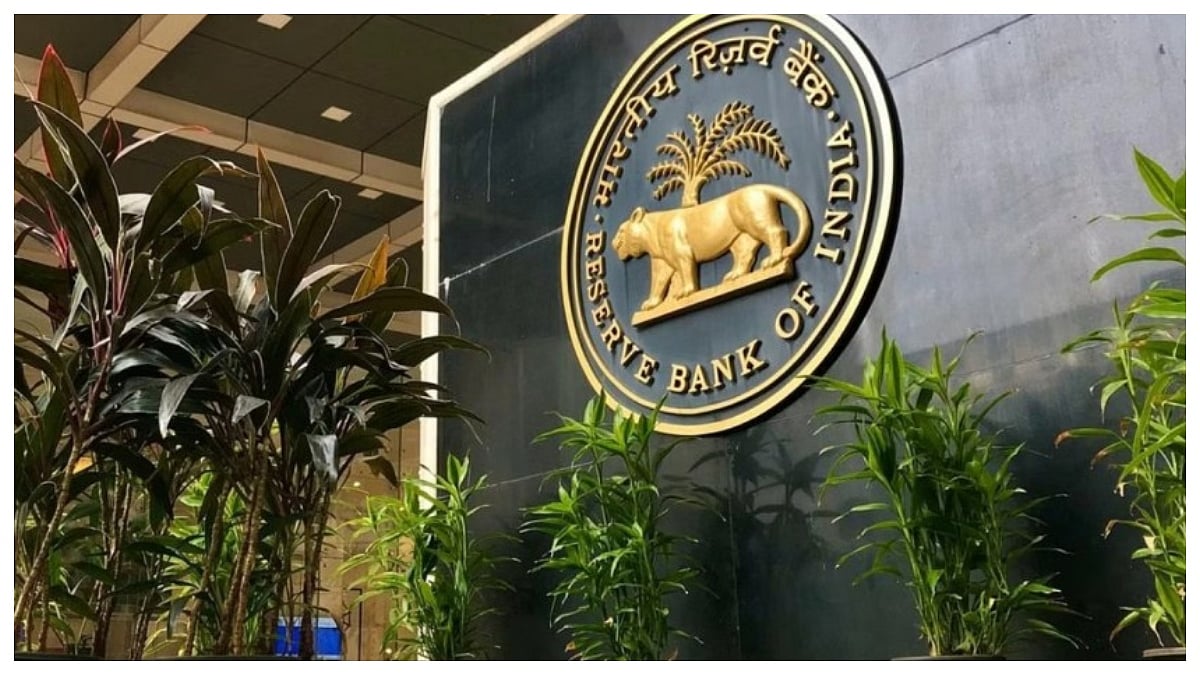Public Provident Funds (PPF) and Fixed Deposits (FDs) are some of the most popular investment options in India. Both instruments offer secure returns and tax benefits, but their contrasting liquidity profiles are important to understand which works best for you.
Detailed Overview of FD vs PPF
Here’s a table showing the key differences between PPF and FD to help you make an informed decision:

Disclaimer: This table provides a general overview and specific details may vary depending on individual offerings and institutions. Always research specific terms and conditions before investing.
Public Provident Fund
PPF prioritises long-term wealth creation over immediate accessibility with a mandatory 15-year lock-in period. However, partial withdrawals are allowed from the 7th year for specific purposes like higher education or critical illness. Additionally, after the lock-in, partial withdrawals in multiples of ₹50,000 are allowed, with a complete withdrawal possible upon maturity.
Fixed Deposits
FDs come in varying tenors, ranging from a few days to years, granting investors greater control over their liquidity needs. Shorter-term FDs, with tenors as low as seven days, provide near-instant access to invested funds, while longer-term options offer higher returns at the cost of reduced liquidity. Early withdrawal penalties, though varying between issuers, can erode potential gains if funds are prematurely accessed.
Tax Implications for Public Provident Funds and Fixed Deposits
Here’s a table comparing the tax treatment of FD and PPF:

Note: This table is only indicative, consult a tax advisor to get a better understanding of tax treatment.
1. Public Provident Fund
The Public Provident Fund boasts an enviable tax-free status, making it a haven for long-term investors in higher tax brackets. Here are some of the tax benefits offered by PPF:
● Interest Earned: No tax is applicable on interest earned, significantly boosting your returns over time
● Maturity Proceeds: Entire corpus, including accumulated interest, remains exempt from tax
● Contributions: Claim a deduction of up to ₹1.5 Lakhs per financial year under Section 80C for PPF contributions
2. Fixed Deposit
While FDs offer security and fixed returns, their tax treatment differs from PPF. Be mindful of these considerations:
● Interest Earned: Interest income is taxed as per your income tax slab, impacting returns of individuals in higher brackets
● Maturity Proceeds: Maturity amount, including principal and accumulated interest, will be taxed if they cross the prescribed thresholds
● Tax Deduction for Investments: Tax-saver FDs qualify for tax deductions under sections 80C and 80TTB
Conclusion
Both PPF and FD offer unique advantages, and the optimal choice depends on your circumstances, risk tolerance, and financial goals. Carefully assess your liquidity needs, consider long-term objectives, and explore the tax implications to craft a customized investment strategy that balances both accessibility and growth.
Remember, informed decisions and flexible planning hold the key to navigating the intricacies of liquidity and unlocking financial success. Consider diversifying your portfolio across PPF and FDs based on your specific needs. This strategic approach allows you to benefit from the strengths of both instruments, ensuring both flexibility and long-term wealth creation.








